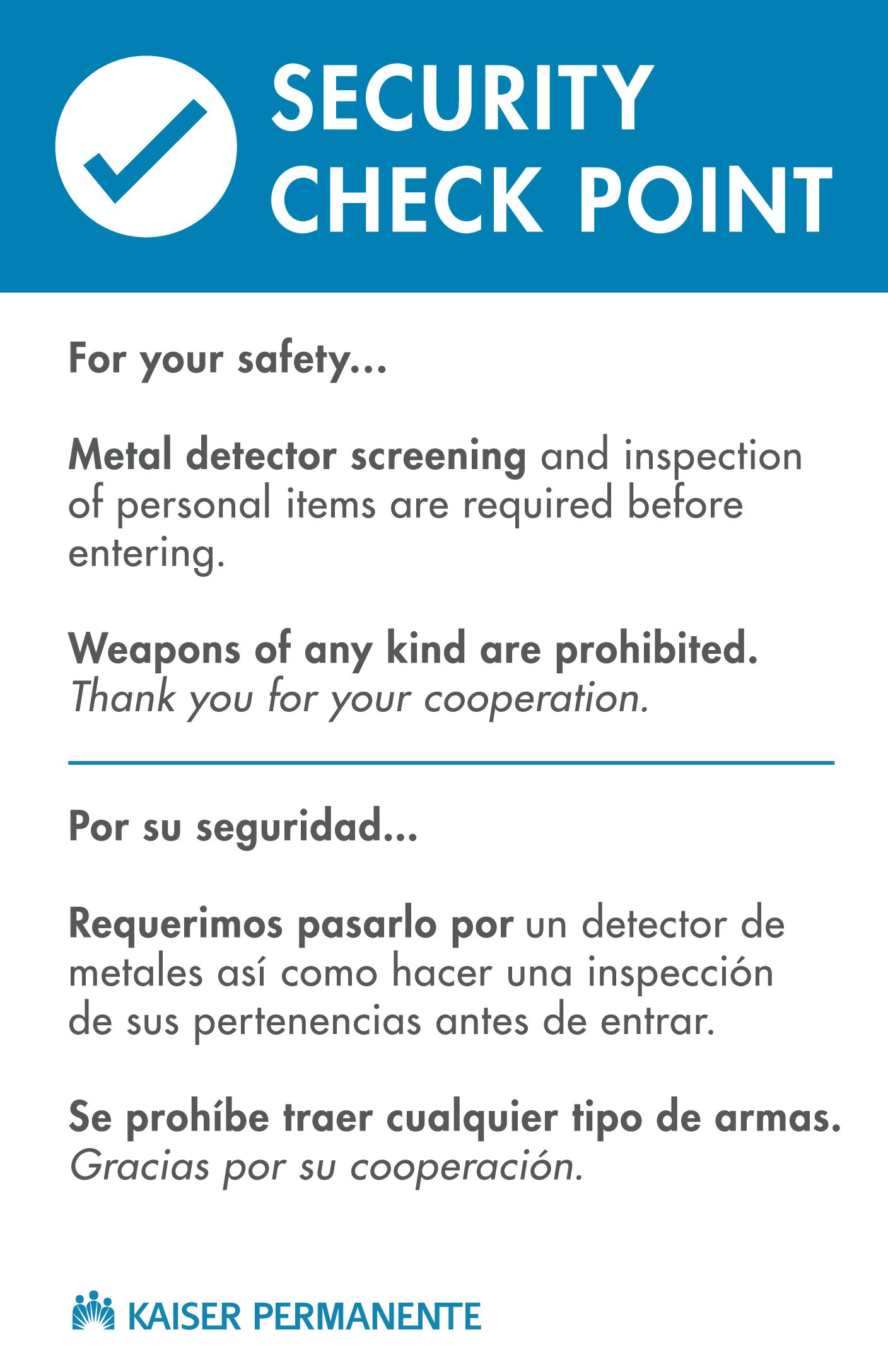It’s hard to believe that a year has gone by since the Structural Heart Team located at the Tysons Corner Medical Center celebrated its 100th Transcatheter Aortic Valve Replacement (TAVR) procedure. Since being introduced in 2016, TAVR procedures have been changing the lives of heart patients who were considered too ill or high-risk for a surgical aortic valve replacement. Unlike traditional aortic valve replacements, TAVR procedures deliver the replacement valve through the patient’s leg with the help of x-ray cameras.
Not only is this procedure life-changing for patients that would otherwise be unable to receive a valve replacement, but the Structural Heart Team works hard to ensure that the TAVR process – from evaluation to procedure – takes place much more quickly than the national average. Across the country, when a cardiac patient learns that they need a valve replacement, the 2-3 weeks leading up to their procedure can be extremely scary and stressful. Which is why the Structural Heart Team at the Kaiser Permanente Tysons Corner Medical Center schedules all 9-11 required tests in advance of a TAVR procedure on the same day. Cardiac patients who will undergo a TAVR procedure complete a few non-invasive tests at the Kaiser Permanente Tysons Corner Medical Center in the morning and then they go to the Virginia Hospital Center that afternoon for their cardiac catheterization and consultation with their cardiac surgery team. This process provides the quickest path from diagnosis to procedure for the patient – because 50% of patients who need an aortic valve replacement will die within two years of developing symptoms. Our team of physicians, technicians, and staff acts quickly to ensure those patients don’t become part of that statistic.
After a TAVR procedure is complete, Kaiser Permanente patients are typically discharged after a day or two (compared to 4-6 days in the hospital for TAVR patients nationwide), which minimalizes costs. The use of sedation during the procedure vs. general anesthesia helps with a faster recovery timeline. And while leaving the hospital in a day or two after a heart valve replacement may sound surprising, Mid-Atlantic Permanente Medical Group TAVR outcomes are comparable with the busiest TAVR programs nationwide.
Kaiser Permanente patients who undergo a TAVR procedure experience an elimination of symptoms that were making everyday tasks difficult prior to the procedure – the procedure alleviates shortness of breath and chest pain and allows patients to re-engage in normal everyday activities with a healthy heart. Our cardiology team is proud of the work they do to introduce new and better ways to provide high-quality, affordable care for cardiac patients, ultimately prolonging their lives. Click here to view a list of cardiologists in the Mid-Atlantic region.



